The Presidential elections in Mali
The Presidential elections in Mali are scheduled to be held on the 29th of July 2018. They take place every 5 years. More than 8 million registered voters will vote: 23041 polling station are in operation. Among the 24 candidates, one candidate will win by achieving an absolute majority. The main contenders for victory are – the current head of state Ibrahim Boubacar Keïta and the leader of the opposition party Soumaïla Cissé.
In case no candidate wins with an absolute majority in the first round, the second round will take place on the 12th of August. The future head of state will face a complex set of tasks: to finish and find a compromise in the armed conflict with the radicals, to find a solution of acute humanitarian problems, and to force the revival of the economical and agricultural system.
Armed conflict in Mali between government forces and militants of various groups flared up in early 2012. The violence was triggered by the escalation of the situation in Libya after the overthrow of Muammar Gaddafi. In October 2017, the Government of Mali extended the state of emergency for a year, taking into account the continuing terrorist threat.
The Junker-Trump meeting: trade discussions
On the 25th , European Commission president Jean-Claude Junker met U.S. president Donald Trump in Washington to discuss the current trade conflicts and to find a solution to the escalating trade war between the EU and US. This week Trump offered aid of 12 billion dollars to U.S. farmers who were hit by the new tariffs. After the meeting with Junker Trump announced the beginning of a ‘new phase’ in relations with the EU. An agreement was reached: both sides decided not to impose new tariffs while the trade negotiations remain unfinished, the establishment of zero duties was also declared, subsidies and non-tariff barriers on industrial products, which are not connected with the automobile industry. The US and EU leaders decided to increase trade in the medical sphere, as well as chemicals and soy.
Pakistan elections
On the 25th of July, the elections in Pakistan took place. The winner was the centrist party ‘’Movement for Justice’’ (115 of the 272 seats in the National Assembly). However the party didn’t get the majority in parliament and 22 MP seats are still unfilled: Imran Khan is searching for the new partners in the Assembly. Read more – in Tayyab Baloch’s analysis.
Protests in Nicaragua
The protests in Nicaragua are spreading like wild fire: the opposition calls for the resignation of the president and the government and demands new elections. Who are the main players of this conflict and who’s geopolitical interests are in game? What is the connection between protests in Nicaragua and the US-China trade war? Read our exclusive analysis.







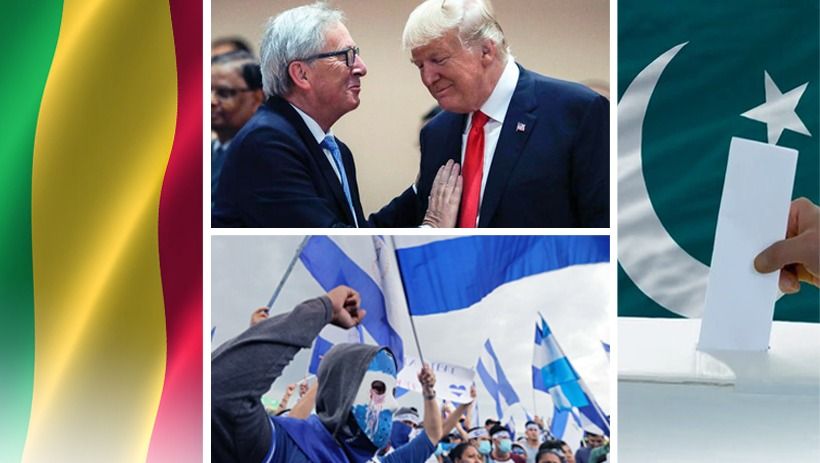
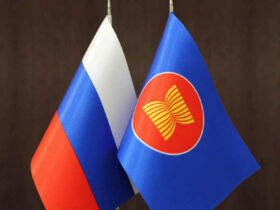

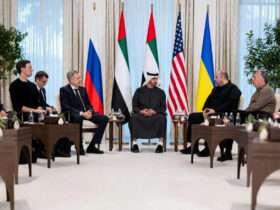

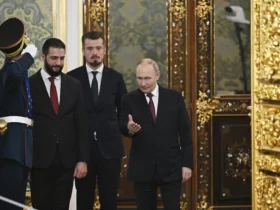
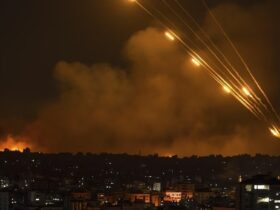

Leave a Reply